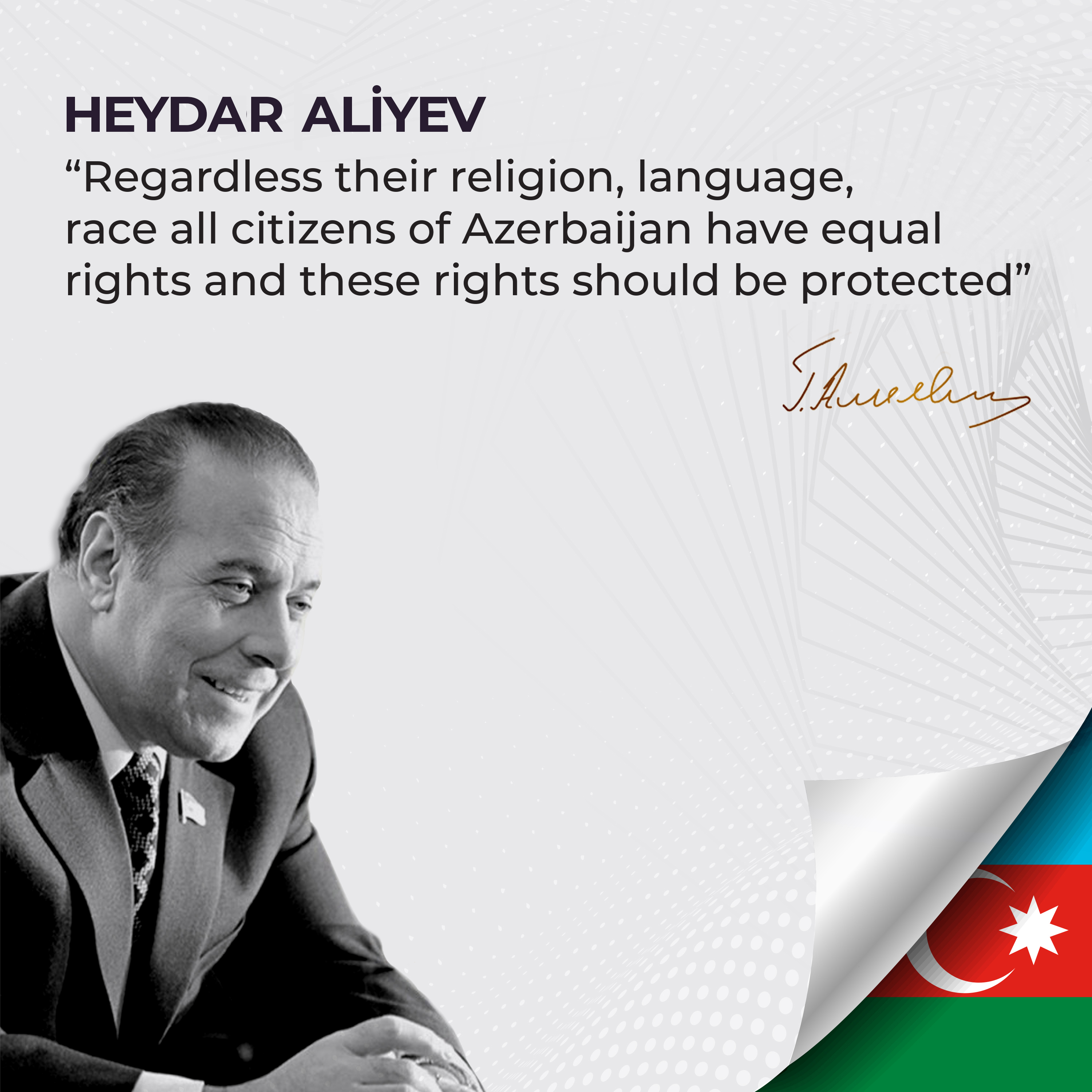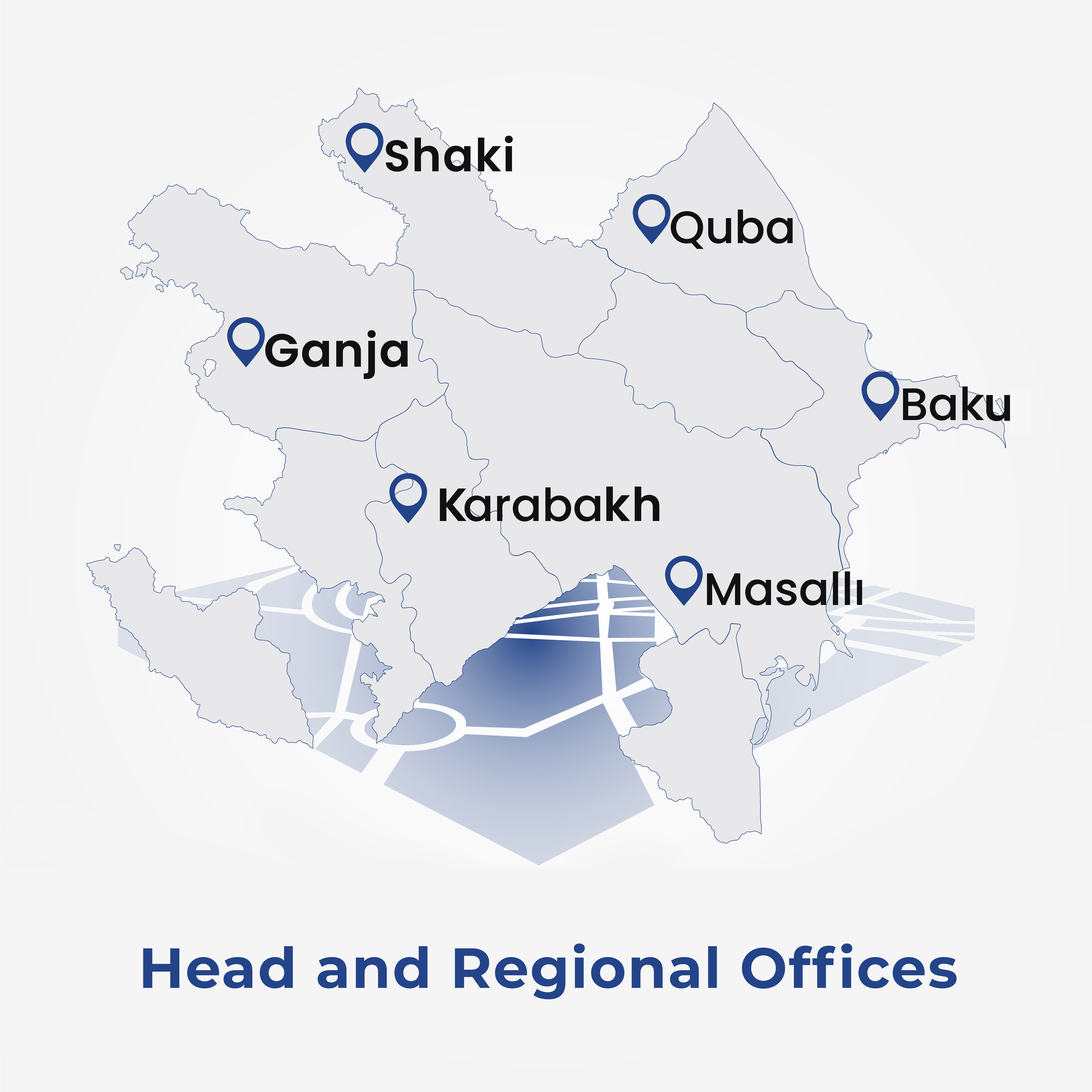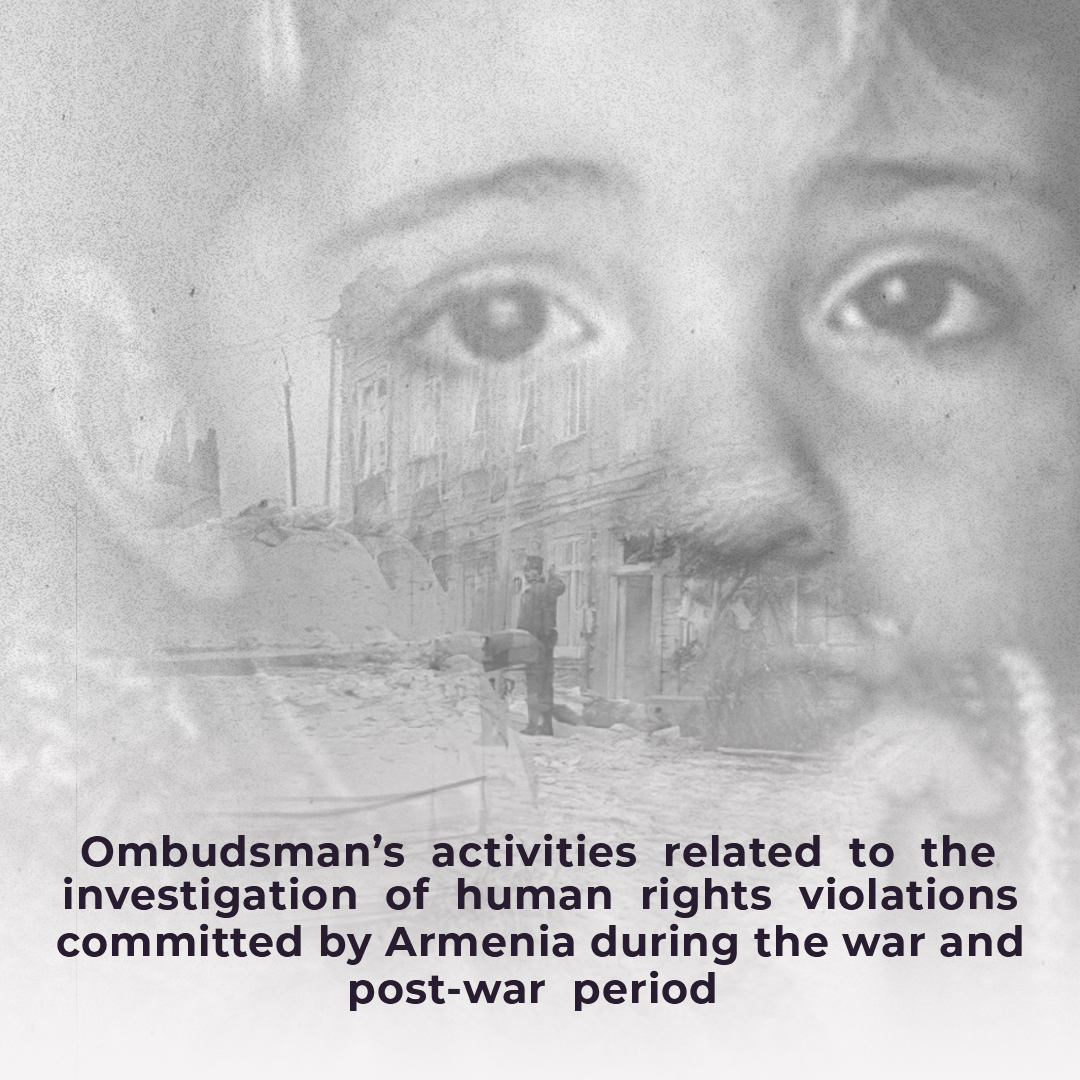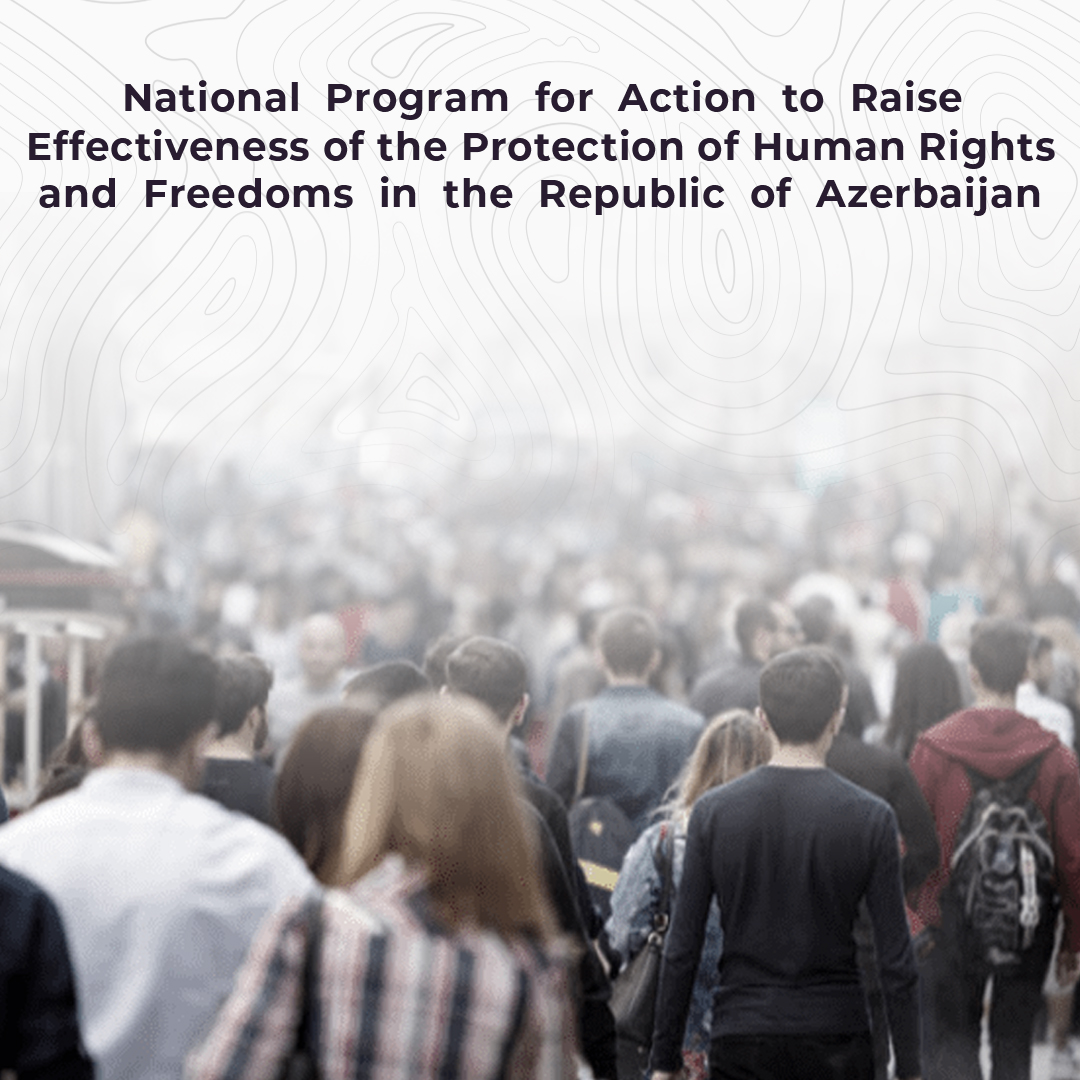
- Home page
- Commissioner
-
Activity Directions
- Mental Health and Human Rights
- Protection of the Rights of Population Groups
- Protection of the Right to Information
- Independent Monitoring Mechanism
- Legal Education
-
International Cooperation
- Cooperation with international organizations
- Cooperation with non-governmental organizations
- Study visits
- Projects
- Statements addressed to the international organizations
- “Ad hoc” reports
- Parallel and alternative reports submitted to the UN Treaty Bodies
- Oral and written statements submitted to the UN Human Rights Council
- Memorandums of cooperation
- Baku Declarations of Ombudspersons
- International Baku Forum
- Scientific Analytical Work
- Cooperation with Public and Civil Society Organizations
- Business and Human Rights
- National Preventive Mechanism Against Torture
- Protection of Human Rights
- Documents
- Media
- Live
- Contact
- Home page
- Commissioner
-
Activity Directions
- Mental Health and Human Rights
- Protection of the Rights of Population Groups
- Protection of the Right to Information
- Independent Monitoring Mechanism
- Legal Education
-
International Cooperation
- Cooperation with international organizations
- Cooperation with non-governmental organizations
- Study visits
- Projects
- Statements addressed to the international organizations
- “Ad hoc” reports
- Parallel and alternative reports submitted to the UN Treaty Bodies
- Oral and written statements submitted to the UN Human Rights Council
- Memorandums of cooperation
- Baku Declarations of Ombudspersons
- International Baku Forum
- Scientific Analytical Work
- Cooperation with Public and Civil Society Organizations
- Business and Human Rights
- National Preventive Mechanism Against Torture
- Protection of Human Rights
- Documents
- Media
- Live
- Contact
Call center
916
National Preventive Group continues visits
Within the National Preventive Mechanism activity of the Ombudsman, National Preventive Group (NPG) conducts visits to the places which persons can’t leave on their own will, and detention conditions, treatment issues, nutrition status, organizing medical assistance in those facilities are investigated.
The next visit by the NPG members was carried out in the penitentiary facility No.2 under the Penitentiary Service of the Ministry of Justice without prior notice.
The visit was organized on the basis of the requirements of the Optional Protocol to the United Nations Convention against Torture and other Cruel, Inhuman or Degrading Treatment or Punishment and the Constitutional Law on the Commissioner for Human Rights (Ombudsman) of the Republic of Azerbaijan and aimed at investigating the detention conditions and treatment, as well as the addressed appeals; learning the status of ensuring the rights of convicts and conducting adequate documentation.
Within the visit attended also by the psychian member of the NPG, penalty isolator, medical-sanitary unit, dormitory corps and other sections of the facility were monitered regarding detention conditions, as well as existing situation with organizing medical assistance, nutrition, supply of hot and cold drinking water, parcels, walking, meeting and documentation was investigated, some shortcomings were identified with regard to detention conditions.
There is a need for organizing psychological and social services, expanding and promoting the activity on convicted persons’ rehabilitation through socially useful labor.
In order to investigate the treatment issues, the convicts in that facility were received in a confidential manner by the NPG members, state of ensuring their rights, documentation on raised issues were examined, as well as several appeals of them regarding correspondence and medical assistance were provided on the spot.
Each of the convicts was given legal advice with respect to the issues put forward within the private meeting, their applications were accepted.
Legal-awareness discussion was held with administration of the facility and staff members; relevant recommendations were given on elimination of shortcomings regarding detention conditions, medical service and documentation in compliance with national and international legislation, including the European Prison Rules.
Relevant bodies will be addresed on the outcome of the visit and ensuring the appeals of convicts.
- National preventive mechanism against torture
- Protection of the rights of population groups
- Protection of the rights of refugees, IDPs and migrants
- Protection of the rights of detainees and prisoners
- Protection of the rights of military servants
- Protection of women's rights and provision of gender equality
- Protection of child rights
- General
- Legal awareness
- Protection of the rights of older people
- Protection of the rights of persons with disabilities
- Cooperation with public and civil society
- National preventive mechanism against torture
- International cooperation
- Non-Governmental Organizations
- Public hearings
- Mass media
- Business and Human Rights
- Protection of the rights of martyrs' families and war veterans
- Protection of the rights of migrants
- Prevention of discrimination and ensuring equality
- Right to information
- Mental health
- .
-

- The Ombudsman participated in the International Conference on “Artificial Intelligence and Human Rights: Opportunities, Risks and Visions for a Better Future” in Qatar.
-

- The Ombudsman sent letter to UN High Commissioner for Refugees regarding protection of rights of persons deported from Armenia.
-

- A representative of the Ombudsman Office took part in an event organized by the Ministry of Energy.
-

- The Ombudsman’s representatives participated in the Pardon Decree Enforcement Ceremony.
-

- A series of legal awareness events were organized by the Ombudsman's Regional Centers.
-




